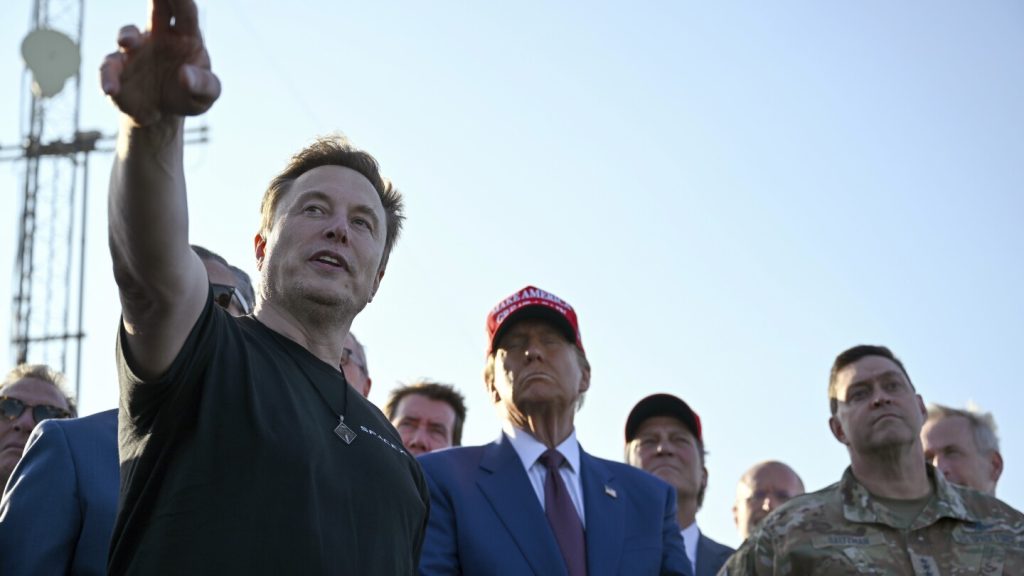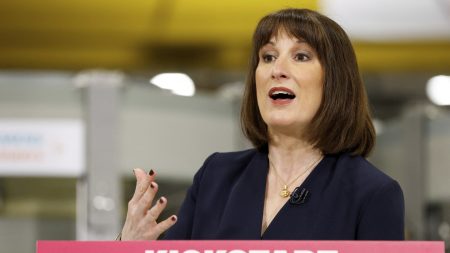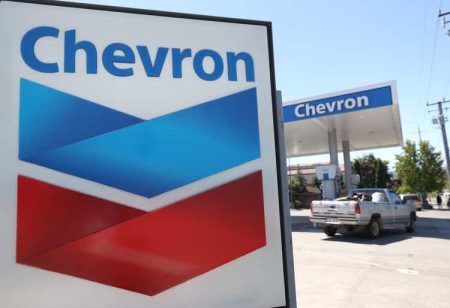Elon Musk and the Trump Administration: A New Era for Tesla and Regulatory Oversight
Musk’s Tensions with Federal Regulations and the Trump Connection
Elon Musk, the CEO of Tesla, has long been critical of what he views as excessive federal regulations and investigations targeting his electric car company. Under the Trump administration, Musk’s close relationship with President Donald Trump has sparked speculation that many of these regulatory challenges could disappear. Tesla has faced numerous federal probes, including crash investigations into its partially automated vehicles, a Department of Justice criminal investigation into whether Musk and Tesla overstated their self-driving capabilities, and mandates to report crash data on vehicles using Autopilot technology. Should the Trump administration choose to dismantle these investigations and safety programs, the consequences could be significant, particularly for roadway safety.
Safety advocates argue that federal oversight has been critical in saving lives and ensuring accountability. Missy Cummings, a former senior safety adviser at the National Highway Traffic Safety Administration (NHTSA), has warned that Musk essentially wants to run the Department of Transportation, and with the current administration’s support, the numerous ongoing investigations into Tesla could vanish. Experts fear this could lead to a lax regulatory environment that undermines public safety.
The Trump Administration’s Assault on Federal Bureaucracy
The Trump administration and Musk have been openly hostile toward federal regulations and bureaucracy. The White House has taken unprecedented steps to freeze spending, slash programs, and terminate career employees, including prosecutors and government watchdogs who are typically shielded from such actions. Legal scholars have condemned these moves as having no modern precedent and warn that they are disrupting the balance of power in Washington. While the Trump administration has not yet announced specific actions benefiting Tesla, experts believe it would be far easier to dismantle federal investigations or safety initiatives than to overhaul the entire regulatory system.
Daniel Ives, a veteran Wall Street analyst, has noted that Trump’s election and his close relationship with Musk could "defang" the regulatory environment that has long been a thorn in Tesla’s side. This shift could embolden Musk and Tesla, allowing them to operate with far less oversight, but it also raises concerns about the potential risks to public safety.
The Federal Government’s Oversight of Tesla
The federal government wields significant power over Tesla, with the authority to investigate crashes, order recalls, and mandate crash data reporting. NHTSA, part of the Department of Transportation, plays a particularly crucial role, setting safety standards and launching probes into potential defects. Currently, NHTSA has six open investigations into Tesla’s self-driving technology, spurred by dozens of crashes involving vehicles operating on Autopilot. These investigations have kept Tesla under scrutiny and have led to recalls and safety improvements.
However, under the Trump administration, this oversight could be significantly scaled back. Musk’s other businesses, including SpaceX and X, also face federal investigations, but Tesla remains the primary focus due to its central role in the automobile industry. Wall Street analyst Daniel Ives has described the situation as a "soap opera" unfolding in 2025, with Musk’s battles against federal agencies creating a dramatic and unpredictable landscape.
Victims and Advocates Speak Out Against Reduced Oversight
For victims of Tesla-related crashes and their families, the potential rollback of federal oversight is a dire concern. Many fear that without accountability, dangerous and fatal accidents could increase. One such case is the death of 22-year-old Naibel Benavides Leon, who was killed in a Tesla crash in rural Florida. A federal investigation found that Autopilot was faulty and in need of repair, leading to a recall. Benavides’ sister, Neima, has spoken out about the importance of maintaining robust regulations and investigations, emphasizing that technology must not be exempt from rigorous safety standards.
The Benavides family’s wrongful death lawsuit against Tesla might have been dropped had NHTSA not found defects in the Autopilot system. Their attorney, Doug Eaton, highlighted the critical role federal investigations play in ensuring corporate accountability. Without such oversight, many fear that companies like Tesla may evade responsibility for their failures, putting lives at risk.
The Broader Implications of Deregulation
The potential deregulation of Tesla and other companies under the Trump administration raises broader questions about the role of government oversight in protecting public safety. While Musk and Trump’s alliance may benefit Tesla in the short term, safety advocates warn that the long-term consequences could be devastating. The federal government’s ability to investigate crashes, enforce recalls, and mandate safety standards has been instrumental in saving lives and pushing automakers to innovate responsibly.
If these powers are diminished, the door could open to a culture of complacency and negligence within the automobile industry. As Tesla continues to push the boundaries of autonomous driving, the need for robust oversight is more critical than ever. Without it, the risks to drivers, passengers, and pedestrians could escalate, leaving families like the Benavides to bear the tragic consequences. The alliance between Musk and Trump may signal a new era for Tesla, but it also raises urgent questions about the balance between innovation and safety in a deregulated world.








